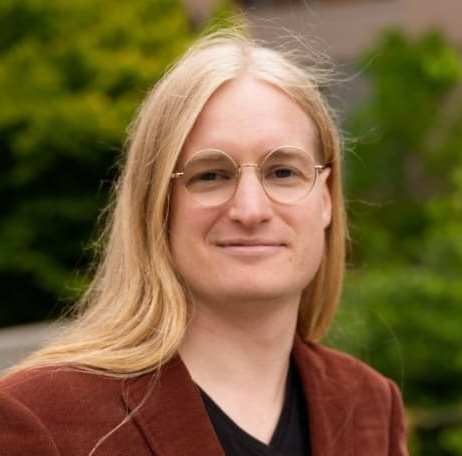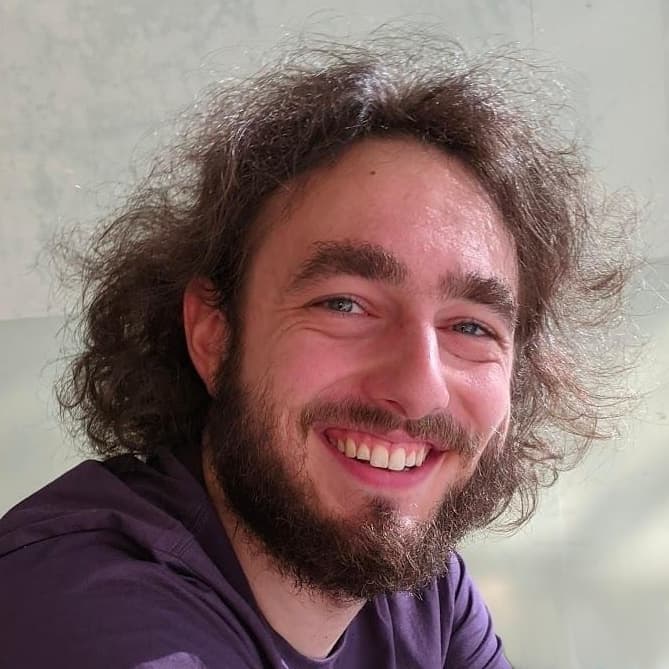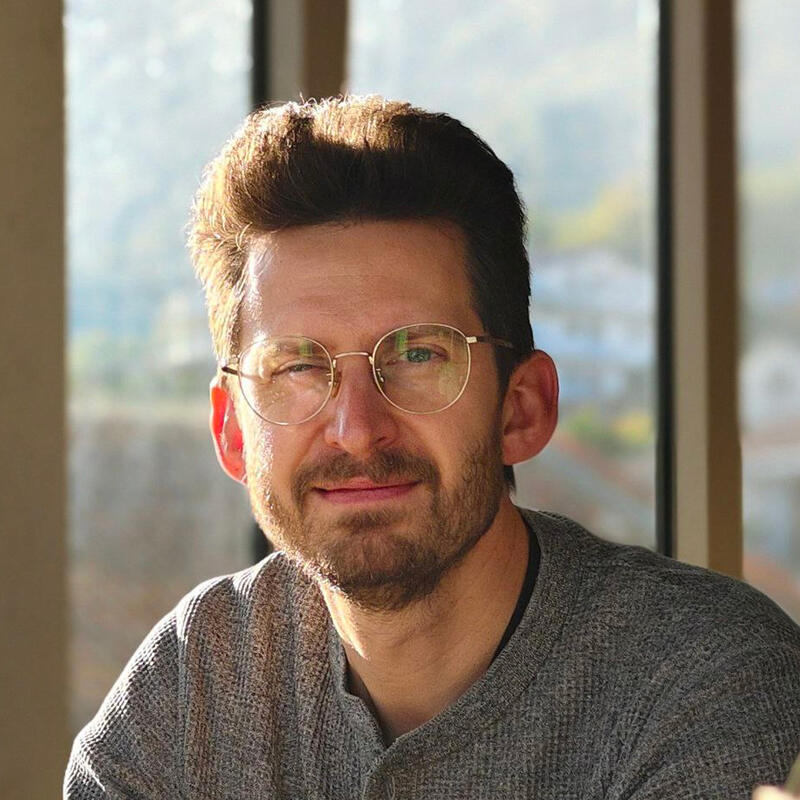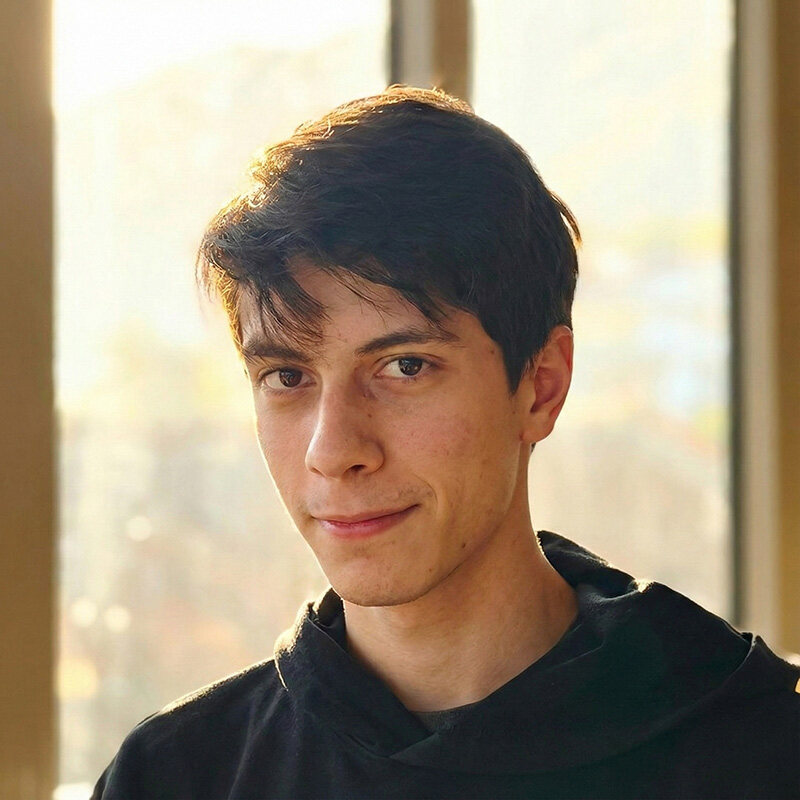Palisade Research is a nonprofit investigating cyber offensive AI capabilities and the controllability of frontier AI models. Our work has been highlighted by Turing Award winner Yoshua Bengio and Anthropic CEO Dario Amodei, and covered in the Wall Street Journal, Fox News, and the MIT Technology Review. Our research was also featured on the BBC Newshour. Elon Musk called the results from our shutdown resistance research “concerning” on X.
Palisade's mission is to help people and institutions build the understanding needed to avoid permanent disempowerment by strategic AI agents.
Team

Jeffrey Ladish
Executive Director
Before starting Palisade, Jeffrey helped build out the information security program at Anthropic. Jeffrey’s research has included analyzing risks at the intersection of cybersecurity and AI, and he has helped advise the White House, Department of Defense, and congressional offices on risks from AI and emerging technologies. When not busy applying the security mindset to everything, Jeffrey loves to roller blade, ski and snowboard, and explore places rarely disturbed by a human presence.

Benjamin Weinstein-Raun
Senior Researcher
Ben is a researcher and software engineer focused on AI and related fields. In addition to his work with Palisade, he is acting director of AI Impacts, and has been a member of the technical staff at SecureDNA, Redwood Research, MIRI, and Cruise Automation. He holds several patents related to autonomous vehicles, and has contributed to research in AI safety, information security, and forecasting.

Dmitrii Volkov
Head of Research
Dmitrii leads Palisade’s research execution, using his remarkable networking acumen to grow our team and collaborations on the daily. To join us, he dropped out of a cybersecurity x formal methods PhD at Purdue; before, he worked on compilers with Jetbrains and operating systems with Kaspersky. Dmitrii is proud of his flock of badllamas and the summer schools he hosts.

Eli Tyre
Head of Strategy
Eli has been professionally focused on risks from advanced AI since 2015, including working for the Center for Applied Rationality as a curriculum developer and instructor, and doing contract work for Lightcone Infrastructure, the Machine Intelligence Research Institute, and the Berkeley Existential Risk Initiative. In addition to his work at Palisade, Eli supports grantmaking at Jaan Tallinn’s Survival and Flourishing Fund.

John Steidley
Chief of Staff
John used to be a programmer, is good at Chess, and is Chief of Staff at Palisade.

Jeremy Schlatter
Research Engineer
Jeremy is a software engineer who has previously worked for the Machine Intelligence Research Institute, Google, and OpenAI, as well as other Silicon Valley tech companies. Some of the public projects he has contributed to include OpenAI’s Dota 2 bot and a debugger for the Go programming language. Jeremy holds a bachelor’s degree in computer science from Washington University in St. Louis.

Dr. Petr Lebedev
Head of Science Communication
Prior to joining Palisade, Petr was a writer/director for the Veritasium YouTube channel, making dozens of videos with 10s of millions of views. He has a PhD in Physics Education Research, and enjoys frolicking in the mountains in his spare time.

Dave Kasten
Head of Policy
Dave leads Palisade’s policy efforts. He previously worked with a UK-based AI policy nonprofit to develop their policy recommendations and proposals. Prior to pivoting into AI policy, he worked as a management consultant at McKinsey and Booz Allen for public sector agencies in the defense, regulatory, and national security worlds, and in corporate strategy at Activision Blizzard. When not thinking about AI policy, he spends his time learning how to cook overly-complicated recipes and going blues and swing dancing. He is based in Washington, DC.

Natalia Fedorova
Partnership Manager

Sergey Koldyba
Member of Technical Staff

Kyle Scott
Treasurer

Artem Petrov
Member of Technical Staff

Oleg Serikov
Member of Technical Staff

Nikolaj Kotov
Operations Manager

Reworr
Member of Technical Staff

Gavan Wilhite
Member of Technical Staff

Alena Air
Member of Technical Staff

Melynna Garcia
Operations Manager
 Palisade Research
Palisade Research
